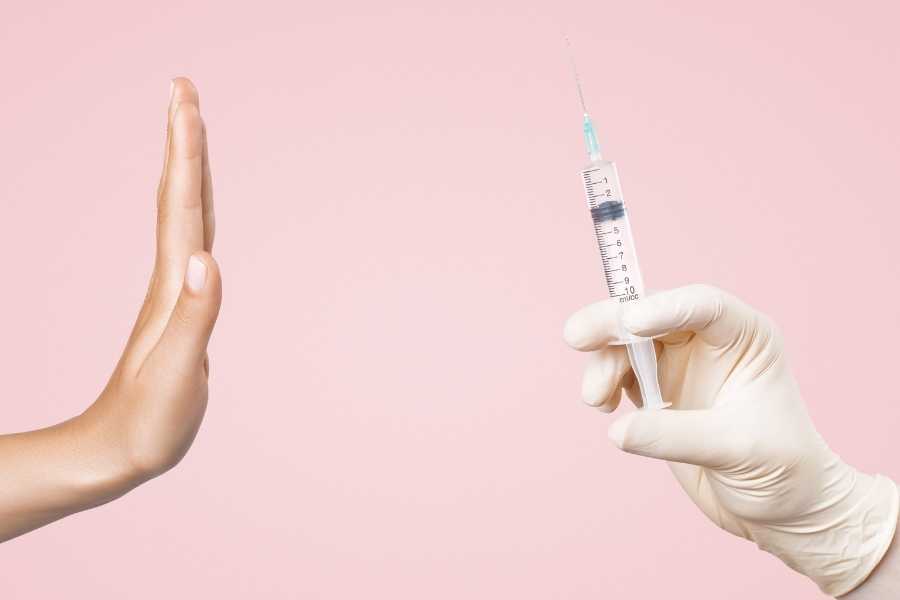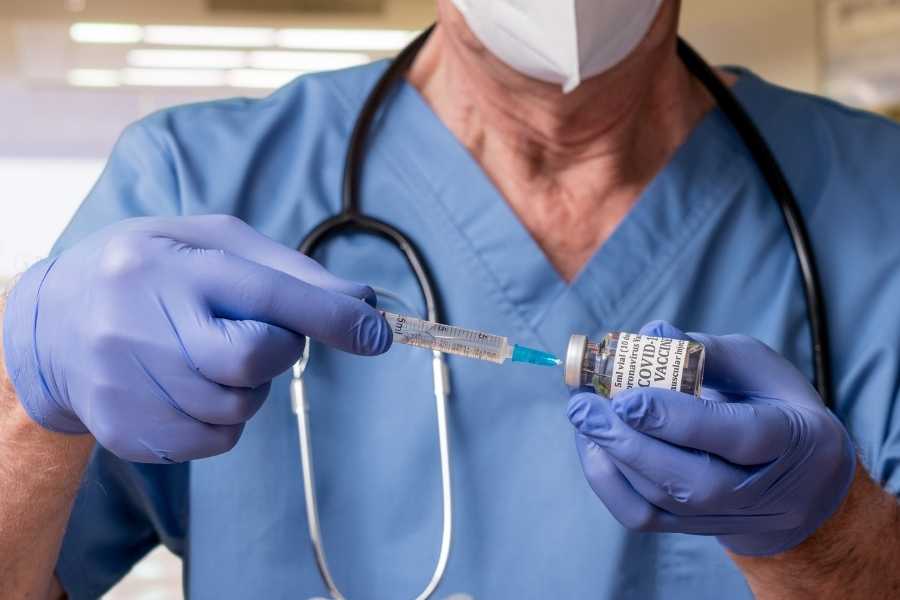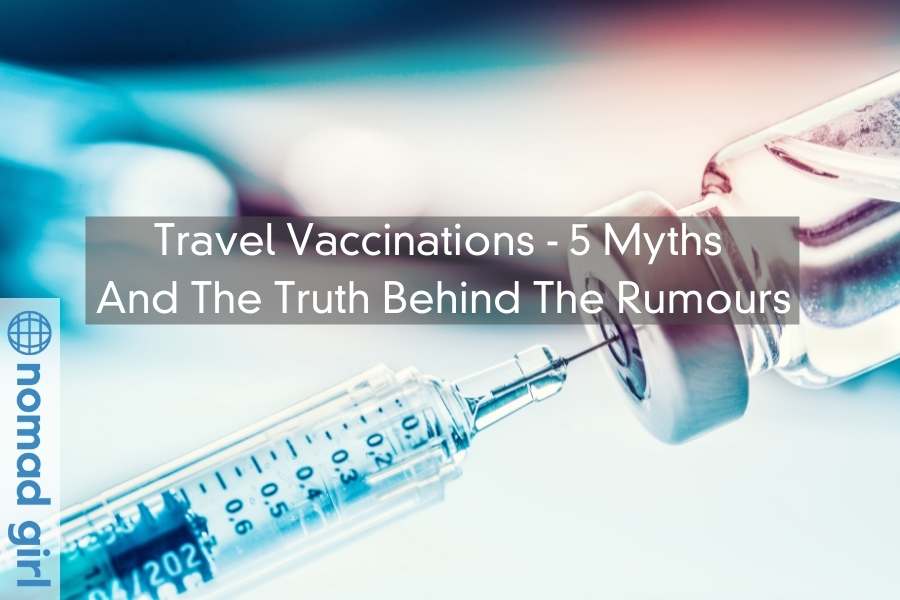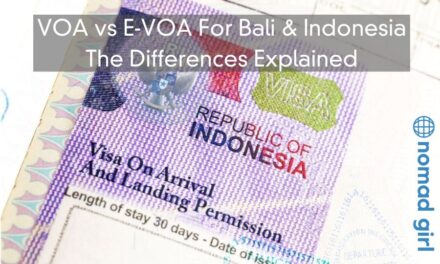You’ve booked your tickets, you’ve created an extensive itinerary and you’ve purchased this year’s flip-flops. The prospect of being struck down by some rare tropical disease is far from your mind as you dream of poolside cocktails and snorkelling with exotic marine life.
What’s more, costs are already climbing: transport, hotels, clothes, toiletries – you’d be surprised how much you can spend on travel-sized toothpaste. You want the trip of a lifetime, not life-long debt. So, when you remember that you also need to factor in immunisations – the price of which can total $500 – it’s tempting to ask: really? Are travel vaccinations absolutely essential?
Being immunised against certain diseases is recommended when travelling to remote corners of the globe, and even to destinations closer to home. But can vaccinations sometimes be dismissed as unnecessary hyper-vigilance? Or are they a wise, if not crucial investment?
And then there’s the question of side-effects. If you’re visiting a place like South East Asia, you may need up to eight different jabs. Can injecting yourself with such a cocktail of tropical nastiness really be good for you?
There are those who adamantly oppose vaccines of all types: they are just another way that the government interferes and meddles with our personal choices. Or they are evidence of fear-mongering by corrupt pharmaceutical companies with alternative agendas.
Of course, such arguments amount to little more than conspiracy theories. But on the other hand, there are those who blindly pay for every vaccine, medicine, and supplement going. Stressing about all the potential health risks and taking every possible precaution, they are likely to miss the majority of their holiday thanks to their endless, obsessive hand-sanitizing.
So when it comes to travel shots, what do you really need? What’s really in a vaccine? And what are they really doing to you? Before you jet off, achy upper arm on tow, separate the facts from the fiction and understand what happens to your body when you prepare it for battle with a tropical disease.
1. The Myth – Vaccines Are Dangerous
There are plenty of people who believe that vaccines contain chemicals that are more dangerous than the diseases themselves, and that immunisations can cause horrible and sometimes fatal side effects – from severe allergic reactions to a coma.
The truth is that extreme reactions are incredibly rare. Vaccines contain various ingredients, all of which have been vigorously tested to ensure they pose no dangers. These include the antigens which induce the immune-system response in us, but also the adjuvants, which enhance this response, antibiotics to prevent any contamination, preservatives and stabilizers. It is these additional ingredients that tend to worry people.
For example, Thimerosal is a preservative that contains mercury and is at the centre of the controversy around vaccines potentially causing autism. But although previously widely used in vaccines, today only the flu vaccine contains Thimerosal, and no credible scientific research has found the chemical to have any harmful side effects.
A similar example is Formaldehyde, used as an inactivating agent in vaccines, and which can be dangerous in high doses. But the chemical is used in such a tiny quantity that it couldn’t possibly harm us. In fact, the FDA reports that there is 50 to 70 times more Formaldehyde present in a newborn baby than in a single dose of a vaccine.

2. The Myth – Vaccines Don’t Work
Admittedly, out of all immunizations, travel vaccines are the least effective. In fact, the old cholera vaccine has performed so badly that the World Health Organization no longer includes it on its list of required immunizations. Indeed, no vaccine is 100% effective. Does this make them pointless? Probably not. When it comes to a 60% chance of protection vs. no added protection at all, it doesn’t take a lot of deep reflection to work out what the best choice is.
3. The Myth – Vaccines Aren’t Necessary
Some people argue that the chances of contracting certain diseases are not high enough to make vaccination against them truly necessary. The statistics suggest this to be true. While studies show that there is a 60% to 70% chance of getting sick when travelling in less developed countries for up to 90 days, most of these illnesses are minor.
The chances of you needing to seek medical care are only 5% to 8%, while your chance of being hospitalized is less than 1%. The most common reported illness is diarrhoea, at 34% of travellers, followed by respiratory diseases like flu at 26%, and then skin disorders. So yes, most illnesses you contract will be far from life-threatening. However, the major flaw with this evidence is that it doesn’t take into account that many of these travellers will have had their vaccines – probably explaining the lack of serious disease present in the case studies.
4. The myth – If an embassy or travel company says I don’t need vaccines then I don’t need them.
This simply means that you will not be required to show evidence of the vaccine when you enter the country, not that you don’t need them.
5. If you get all your vaccines at once, you are taking a serious health risk
There is no medical reason why you can’t get all your vaccines at once. You may feel a bit worse for wear and you might be making things harder for yourself, but the worse that will happen is you’ll feel a bit sickly and have a sore arm.
So there you have it. We’ve attempted to shine a clinical light on the murky mysteries of travel vaccination. Armed with this understanding, you can separate knowledge from nonsense and decide what you need for your trip so you can attain the perfect balance between well-prepared and adventurous and intrepid.
You don’t want to contract a vicious and gruesome illness but neither do you want to shell out half the cost of your trip on immunisations. Therefore, be wary of myths surrounding vaccinations and instead make careful and informed evaluations together with your health care provider based on all the various factors: your own personal health and age, your travel itinerary, the length of your trip, other medications you might be taking, and any possible allergies.

At the end of the day, travel vaccines are like an insurance policy. It’s unlikely you’ll contract anything – but the insurance is there just in case. But this ‘just in case’ mindset can be equally dangerous. Just because you’ve had your jabs, it doesn’t me you shouldn’t take other precautions, such as drinking clean water and using mosquito repellent.
The evidence shows how common more minor – but often temporarily debilitating – illnesses can be. Nevertheless, our verdict is that you can’t put a price on peace of mind. Travel vaccinations might be expensive and not always necessary, but what’s the point of a holiday fretting about which terrible disease could be lurking around the corner or lying in wait on your knife and fork? Knowing you’ve done all you can to stay fit and healthy, you can focus on the more important things – like, where’s the beach?


















